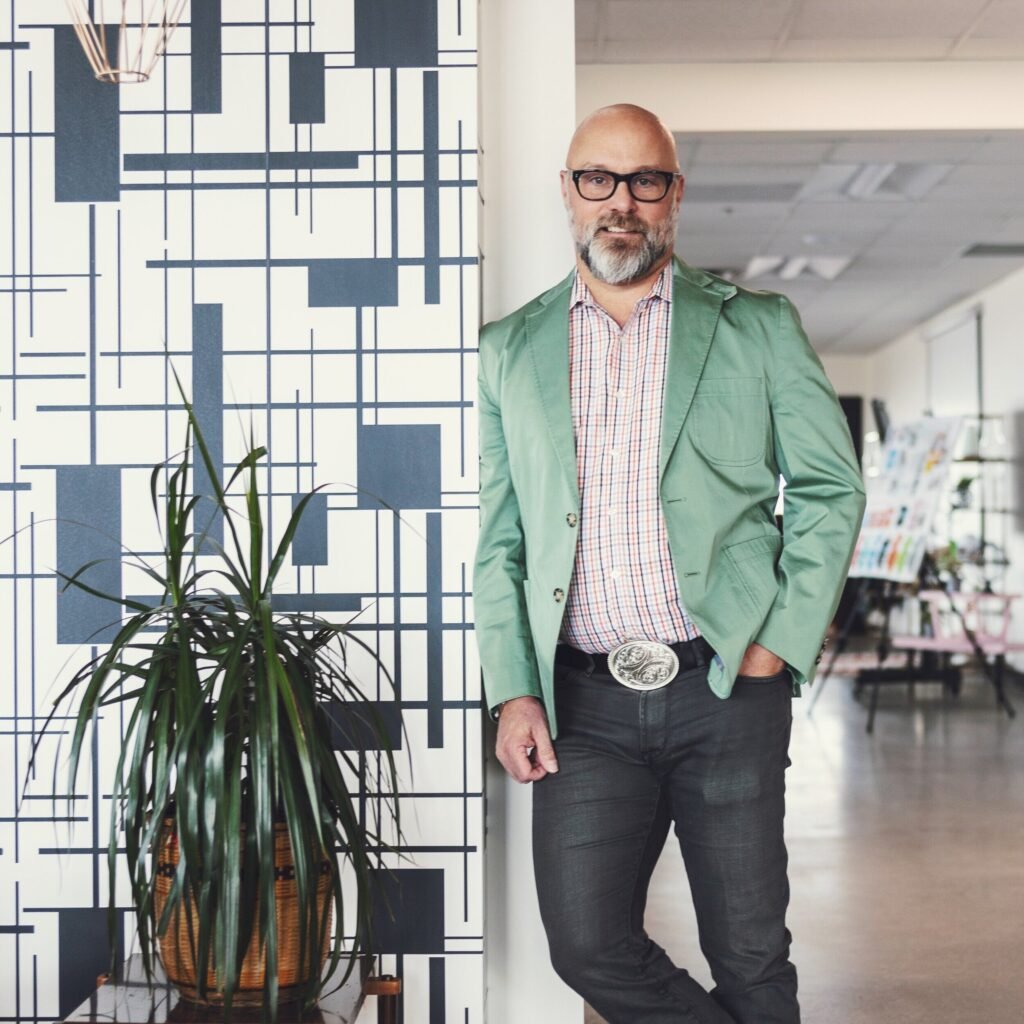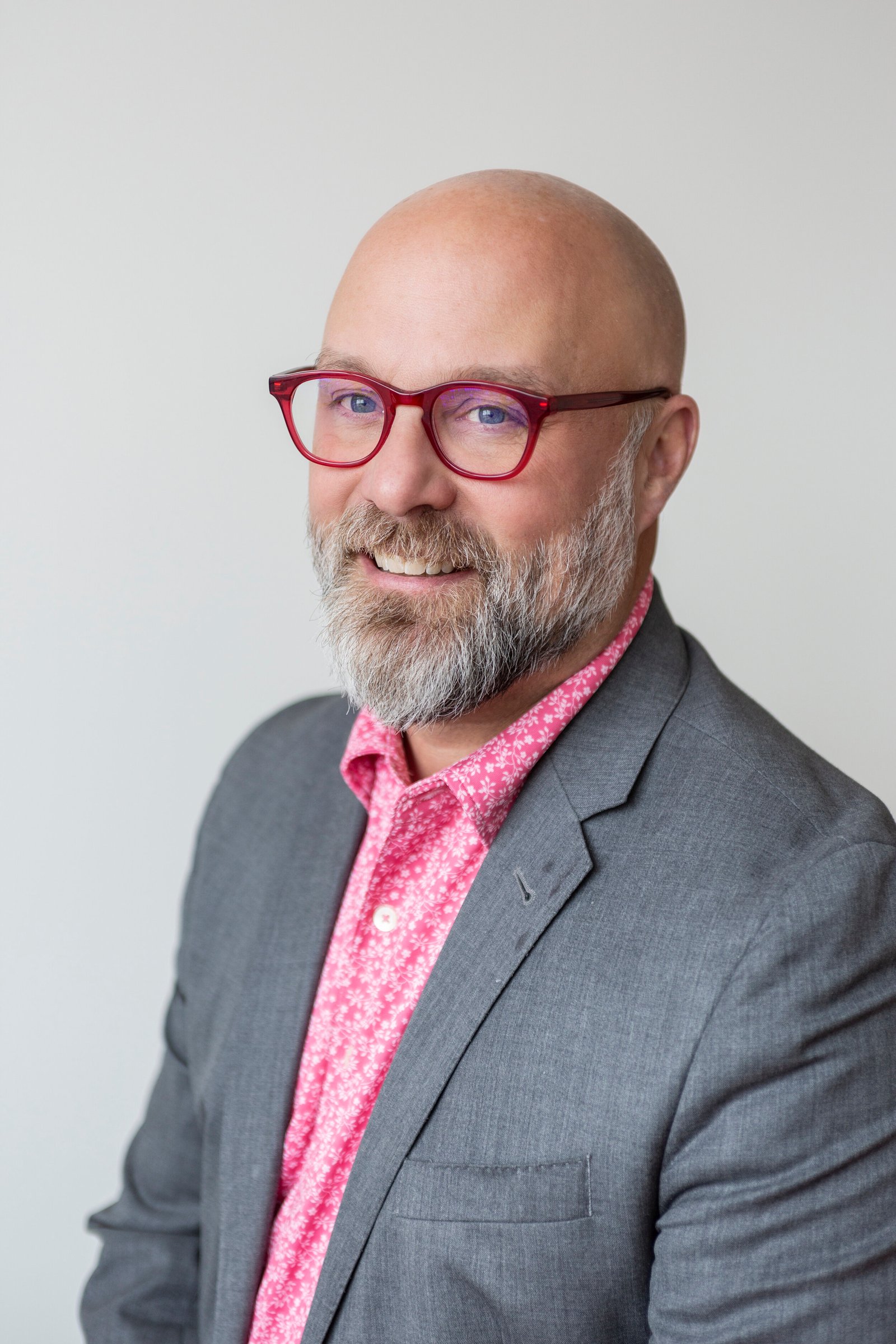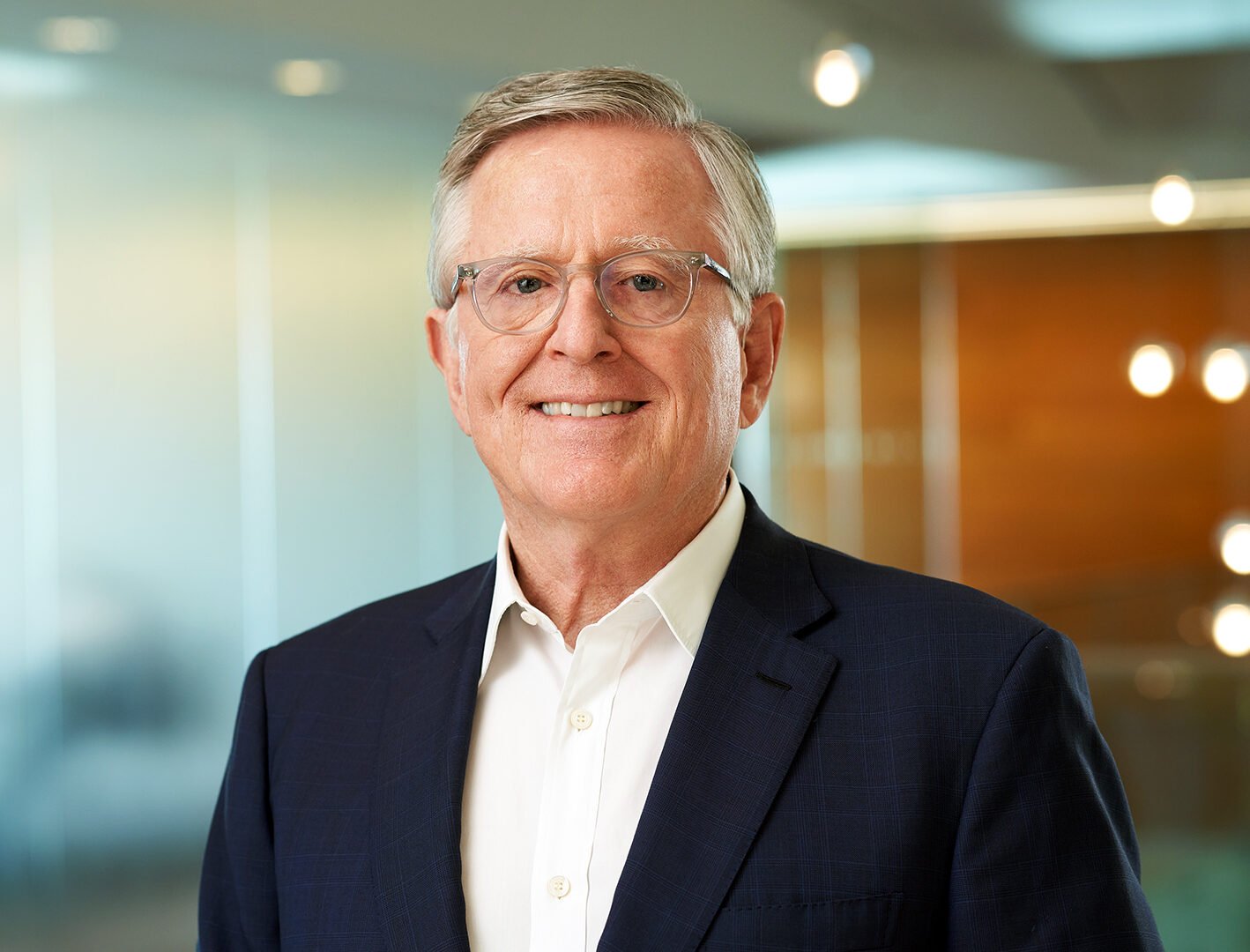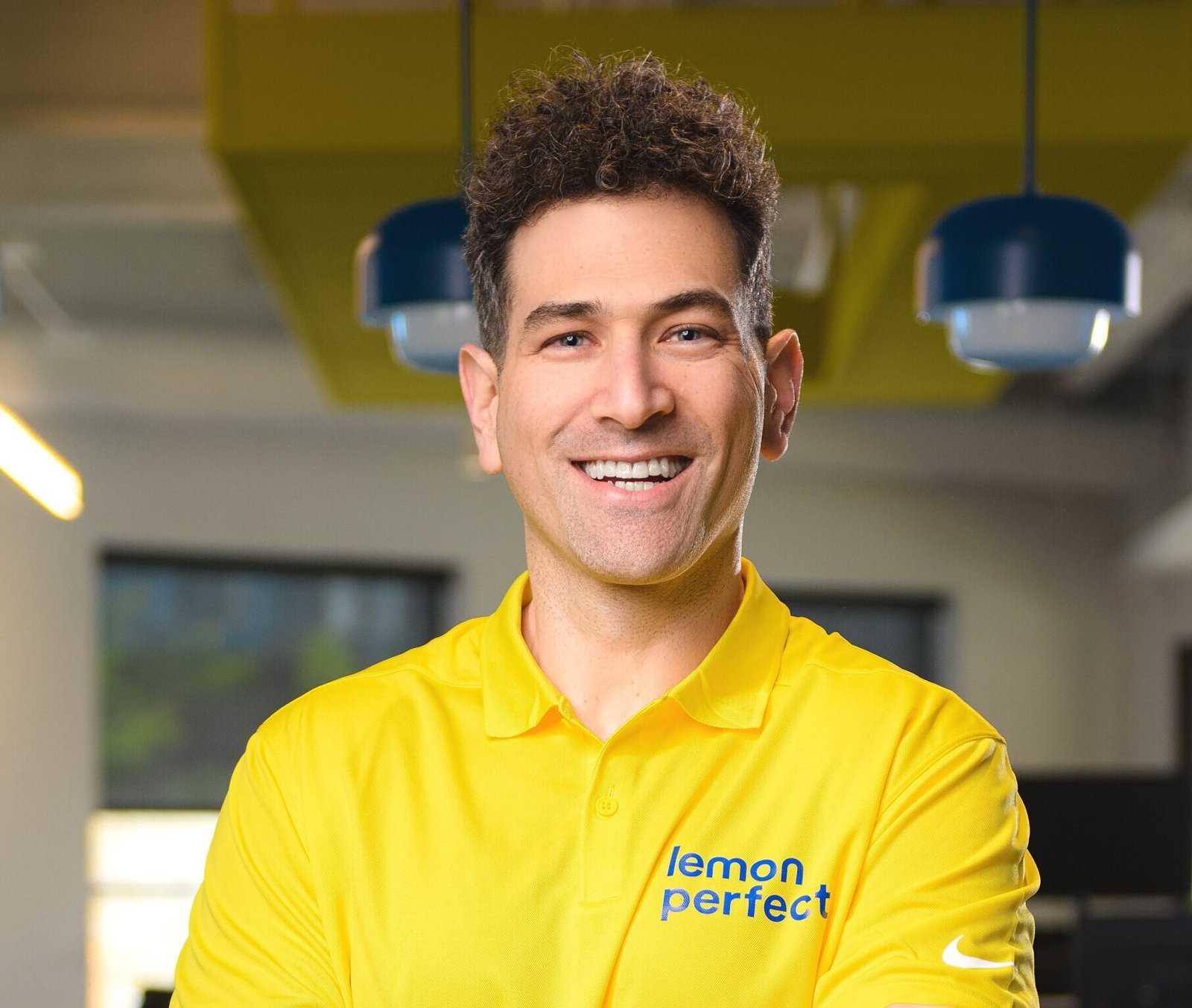I recently went one on one with Mike McFall, co-founder and co-CEO of BIGGBY COFFEE. Alongside business partner Bob Fish, Mike has helped create one of the leading specialty coffee brands in America. BIGGBY has over 240 stores open throughout the Midwest, selling tens of thousands of cups of coffee a day.
Adam: Thanks again for taking the time to share your advice. First things first, though, I am sure readers would love to learn more about you. How did you get here? What experiences, failures, setbacks or challenges have been most instrumental to your growth?
Mike: I started out as a barista in our original BIGGBY COFFEE store, and I worked the open to 2 p.m. shift. At the time, I was in the midst of preparing to go back to graduate school; I was 25 years old at that point. I just fell in love with the coffee business. When I had the opportunity to get more involved with BIGGBY, I took the job and I left behind the research that I was doing and what I was in the middle of in order to commit myself 100% to the development of this business. That was in 1997, and it’s been my full-time occupation ever since to work on the development of the franchise business model in the specialty coffee industry. Today, BIGGBY COFFEE has about 250 stores and we’re growing rapidly with 100 stores currently under contract to be opened.
When it comes to the experiences that have been the most instrumental to my growth, the biggest thing has been the transition from employee to leader. When you’re a part of a start-up enterprise, so much of your day to day is being in command and in control, and taking care of everything on your own to build the business. Then, when you transition to being more of a manager, and then ultimately a leader, you’re in a completely different role. One of the biggest challenges I’ve faced as a leader is meeting my business where it needs me to meet it. That changes constantly. When you start as a minimum wage barista and 25 years later you’re the co-CEO of a company, you have to make a big transition. That transition is also constantly occurring – I’m even in the middle of a transition right now. I had a moment just yesterday where the budget process felt really slippery to me. But this is the first year that I haven’t done the budget, so of course it’s going to feel that way. I have to be okay with that and I have to transition. I’m no longer managing the day to day details. So, the simple answer is that it’s important to make sure that I’m the leader my business and my company need me to be at any given moment in time.
Adam: How did you come up with your business idea? What advice do you have for others on how to come up with great ideas?
Mike: BIGGBY existed when I was first introduced to it. Bob and I formed what is now BIGGBY COFFEE on a handshake after a long walk through Michigan State University’s campus. At the end of that walk, we felt good enough about the conversation we’d just had to shake hands and say, “I’m committed to growing this with you.” Initially, I was being interviewed for an assistant manager’s job at the original store, which would hopefully lead to a general manager position at the second store. Bob basically said, “Okay, let’s do this, let’s become partners and build this thing together.” We shook hands and we started working on that. It didn’t happen overnight. It was another 15 months before we actually signed the paperwork and became partners, but it was just an alignment of values and an understanding of the intention of why you would want to grow a business.
Regarding the best advice that I have for others on how to come up with great ideas, I actually teach a class on that at the University of Michigan called “Finding Your Venture.” Ultimately, it’s not about the idea. Being an entrepreneur is not about the idea, it’s about execution. I think there’s an amazing idea that comes along occasionally and then a business is started, but 99 out of 100 of those ideas fail because they’re not executed properly. It isn’t about the idea; it’s the execution. There’s a lot of really mundane ideas out there that turn into exceptional businesses because of execution.
However, if you’re going to make an idea work and execute on it, you need to interview people who are in positions of responsibility in organizations and find out their pain points. At that point, you can then begin to consider ideas on how to resolve those pain points and go back to them with a product they might be interested in buying.
Adam: How did you know your business idea was worth pursuing? What advice do you have on how to best test a business idea?
Mike: It didn’t take a rocket scientist to understand what was going on in the specialty coffee industry in 1996. That was when Starbucks was leaving Seattle, coming to Chicago and building stores like crazy. A lot of independent operators were open and doing well at the time. We were in the industry already with one store, and it wasn’t hard to see that the consumer was endorsing the idea of a retail specialty coffee shop. Bob was doing something very different, though, which was running the retail store like a high-volume restaurant, not a quaint coffee shop. So, we had consumer demand and a business application that was systematized. Those things together led to the opportunity to build the BIGGBY® COFFEE business.
In order to test a business idea, you just need to start. There’s no other way. The real issue is whether or not someone is willing to pull out their credit card and pay for your product, and you won’t know that will happen until you try.
Adam: What are the key steps you have taken to grow your business? What advice do you have for others on how to take their businesses to the next level?
Mike: I would say the biggest thing that Bob and I have done to grow our business is have an absolute commitment to improvement. We’re constantly trying to get better. One of the criticisms of our management style is that we never celebrate. We never congratulate when amazing things happen; we’re always moving on to what’s next and asking how are we going to make it better or how are we going to bring more value to our customers. It’s just a relentless pursuit of improvement.
Adam: What are your best sales and marketing tips?
Mike: The essence of it is that you have to build a system. Selling is not about being charismatic and wearing a nice suit – there’s this idea around sales that causes most people to shutter at the thought of having to sell. Used car sales is the anecdote that gets told. But there’s nothing further from the truth. Effective sales people are extraordinary business people. There’s a guy by the name of Amar Bhide who wrote a book called “The Origin and Evolution of New Business,” and what he did was research the Inc. 500 fastest growing companies over a 20 year span. Remarkably, one of the things he points out in this book is that 75% of the CEOs on the list stated that they were the chief or only salesperson in the business when it was a start up. What sales is about is building structure, building a machine and building a mechanism, and then your job as the entrepreneur is to feed that machine the information it needs in order to process that information and turn out customers and deals. Then you end up solely focused on feeding the top of the funnel of that machine and improving how that machine works. Tweaking the dials and changing things around is the sales process and the sales machine you have to build.
Adam: In your experience, what are the defining qualities of an effective leader? How can leaders and aspiring leaders take their leadership skills to the next level?
Mike: The defining qualities of an effective leader are emotional stability, extraversion, openness to new experiences and agreeableness and conscientiousness.
Adam: What is your best advice on building, leading and managing teams?
Mike: Read the book “Multipliers.” My best advice on leading and managing a team would be as the leader, shut up.
Adam: What are your three best tips applicable to entrepreneurs, executives and civic leaders?
Mike: Stay positive, ignore almost all advice and don’t believe your own press, good or bad.
Adam: What is the single best piece of advice you have ever received?
Mike: Every time I would leave to go skiing for the weekend, I would come back full of ideas. The best advice I’ve ever gotten was from my business partner, Bob Fish, who said, “you need to go skiing more often.”









